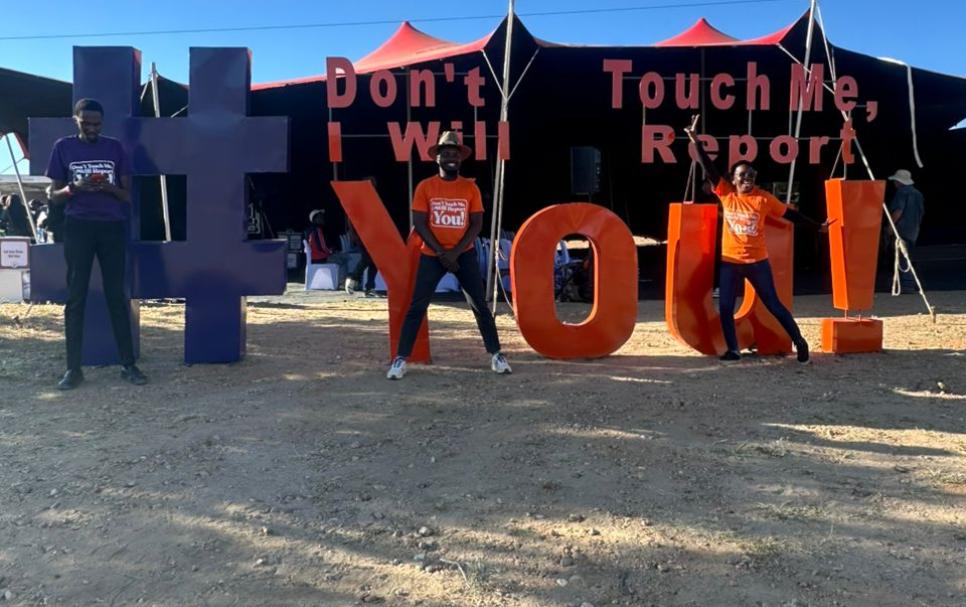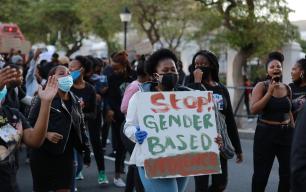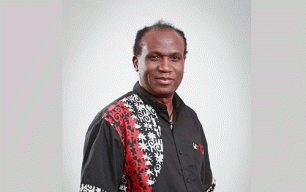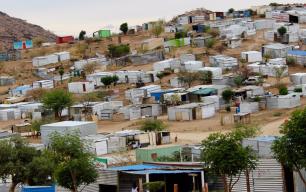“Do not touch me, I will report you”

- By Hilja Shikongo
The fight against gender-based violence (GBV) has now reached new heights with the erection of a powerful structure in Windhoek, bearing the words, “Do not touch me; I will report you.”
This marks the launch of a nationwide campaign by the Unbroken Voice Movement, aimed at confronting GBV and femicide in Namibia. The initiative, supported by the One Economy Foundation and the City of Windhoek, seeks to transform silence into action and fear into empowerment.
The campaign’s launch event brought together community members, activists, and supporters who share a commitment to ending GBV. The installation is further described as more than a monument speaking boldly, clearly, and unapologetically. Many say, it is a call to action, a visual and verbal assertion that survivors will no longer remain silent.
Speaking at the launch, Pinehas Shikulo, the Director of the Unbroken Voice Movement, maintained that the campaign should serve as a mirror to our society and a promise to sons and daughters that they are seen, heard and protected.
His words echoed the spirit of the movement, reinforcing the message that GBV is not a private issue but a national crisis.
The Unbroken Voice Movement’s initiative is a step towards creating a society where survivors are heard, supported, and protected.
It calls on all Namibians to speak up, stand tall and be part of the culture shift needed to end GBV. The One Economy Foundation, known for its work in social welfare and youth empowerment, reiterated the need for sustained support for survivors and a deeper understanding of the social and psychological factors fuelling GBV.
In a recent statement, the foundation highlighted substance abuse, normalized aggression and intergenerational trauma as significant drivers of violence.
The campaign also aligns with broader national efforts to combat GBV. Namibia has implemented legislation like the Combating of Domestic Violence Act 4 of 2003, which provides critical protections for victims. However, activists argue that legal measures must be complemented by community engagement and cultural change.
- 261 views










Comments